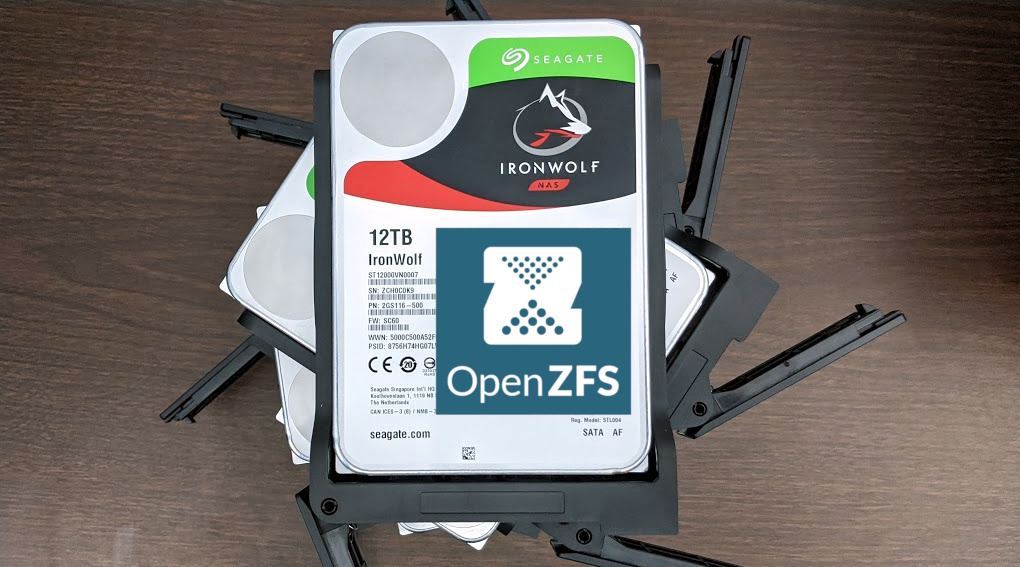I'd be grateful for some opinions whilst I'm in the motions of planning a move to better hardware. I have a little dilemma as to which of the following systems (and their respective hardware) is suitable for the purposes i have in mind. Both are dell boxes, r730 and both can be chopped and changed on spec if need be.
System 1
System 2
One of the roles will be for a combination of SMB/CIFS over x8 SSDs configured as RAIDZ2 via dual 10Gb links which also includes x4 2TB NVME drives configured as mirrored pairs over iSCSI as block storage for my ESXi VM's, itself served over a 100Gb mellanox. On testing, this works well.
The other is a simple file server on x8 SATA spinners of some 20TB in size each. No flair and just configured for storage and served over dual 10Gb links.
I suppose my dilemma is a traditional one and it's a toss between raw grunt i.e. core speed vs cores. Would i really be better served with the more involved role (smb/iscsi/esxi) being on System 2 (mhz for mhz slower despite it being a v4 CPU) or would it be better scenario running on System 1 and i just add more RAM (despite it being marginally slower).
I suspect there could we be little in real terms but i'd hate to then move it all over and reconfigure if i find i was mistaken.
Cheers
Pops
System 1
Code:
CPU Dual Intel(R) Xeon(R) CPU E5-2667 v3 @ 3.20GHz CurrentClockSpeed 3200 MHz MaxClockSpeed 4000 MHz NumberOfEnabledThreads 16 NumberOfProcessorCores 8 Installed Capacity 128.00 GB Memory Speed (DDR4) 2133 MHz
System 2
Code:
CPU Dual Intel(R) Xeon(R) CPU E5-2690 v4 @ 2.60GHz CurrentClockSpeed 2600 MHz MaxClockSpeed 4000 MHz NumberOfEnabledThreads 28 NumberOfProcessorCores 14 Installed Capacity 512.00 GB Memory Speed (DDR4) 2400 MHz
One of the roles will be for a combination of SMB/CIFS over x8 SSDs configured as RAIDZ2 via dual 10Gb links which also includes x4 2TB NVME drives configured as mirrored pairs over iSCSI as block storage for my ESXi VM's, itself served over a 100Gb mellanox. On testing, this works well.
The other is a simple file server on x8 SATA spinners of some 20TB in size each. No flair and just configured for storage and served over dual 10Gb links.
I suppose my dilemma is a traditional one and it's a toss between raw grunt i.e. core speed vs cores. Would i really be better served with the more involved role (smb/iscsi/esxi) being on System 2 (mhz for mhz slower despite it being a v4 CPU) or would it be better scenario running on System 1 and i just add more RAM (despite it being marginally slower).
I suspect there could we be little in real terms but i'd hate to then move it all over and reconfigure if i find i was mistaken.
Cheers
Pops




